Manchester United's chaotic strategy proves how far they have fallen as Man City show them the way forward
City's upward trajectory over their initial three-and-a-half years following their takeover has been matched in United's decline since Sir Alex Ferguson retired
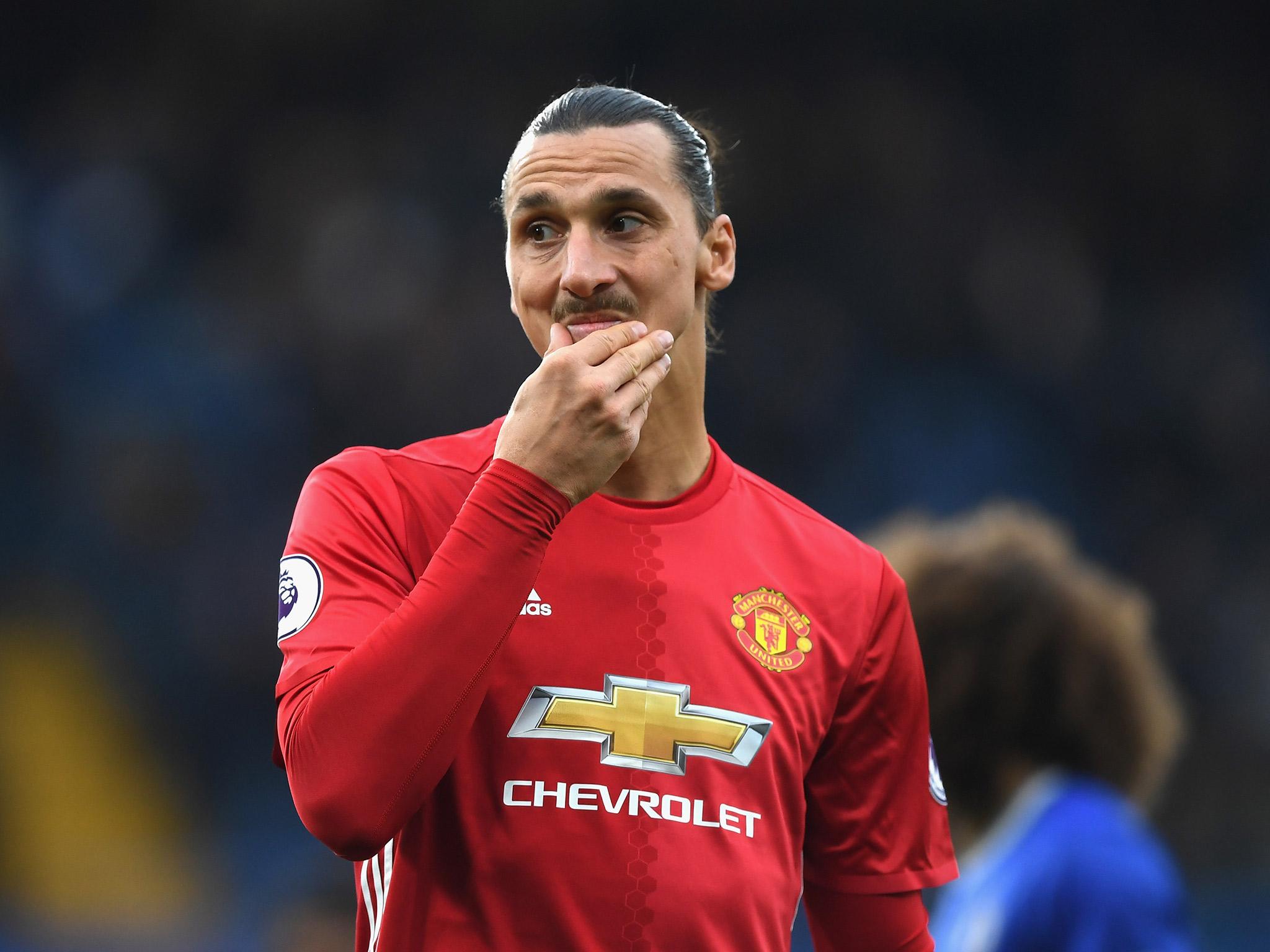
Your support helps us to tell the story
From reproductive rights to climate change to Big Tech, The Independent is on the ground when the story is developing. Whether it's investigating the financials of Elon Musk's pro-Trump PAC or producing our latest documentary, 'The A Word', which shines a light on the American women fighting for reproductive rights, we know how important it is to parse out the facts from the messaging.
At such a critical moment in US history, we need reporters on the ground. Your donation allows us to keep sending journalists to speak to both sides of the story.
The Independent is trusted by Americans across the entire political spectrum. And unlike many other quality news outlets, we choose not to lock Americans out of our reporting and analysis with paywalls. We believe quality journalism should be available to everyone, paid for by those who can afford it.
Your support makes all the difference.Three-and-a-half years is a long time in football, but it can also pass in the blink of an eye, depending on how well you believe those three-and-a-half years to have been spent.
If you take September 1, 2008, as a starting point and move forward three-and-a-half years, you land in March 2012, with Manchester City having progressed from being perennial mid-table also-rans into a club on the verge of winning its first league championship since 1968.
Money helped, obviously. September 1, 2008, was the day that Sheikh Mansour bin Zayed al Nahyan arrived in English football to turn the game on its head and, at the same time, transform Mancunian rivalry into something more than the one-horse race it had become.
Neither club particularly likes it, but everything that one of them does is automatically compared with the other, so it is an interesting exercise to put Manchester United through the ‘three-and-a-half year’ test, with the starting point being the day Sir Alex Ferguson’s retirement was announced on May 8, 2013.
Give or take a day or two either side, United will hit the three-and-a-half year mark in two weeks’ time, but it is fair to say that their trajectory is not quite as impressive and reassuring as City’s was back in March 2012.
City, do not forget, began from a much lower base – a club with a squad of has-beens and expensive misfits, known only for its endless trophy drought and propensity to make a mess of things.
Three-and-a-half years ago, however, United had just secured the club’s 20th league title with a winning margin of eleven points.
Ferguson was walking away from a club at the summit of English football. His squad was in need of evolution, with ageing players in need of replacement and younger ones needing to prove their worth, but still, David Moyes and Ed Woodward, the new manager and executive vice-chairman, inherited a winning machine.
Sunday’s 4-0 mauling at the hands of Chelsea highlighted just how far United have fallen since Ferguson walked away, however.
Jose Mourinho, the third manager tasked with reviving the Ferguson era, appeared shell-shocked and bereft of ideas as his old team overran his new one in emphatic fashion to raise the volume on questions over whether United will endure another failure to finish in the top four this season.
At this point in City’s trajectory after three-and-a-half years, Roberto Mancini had built a team around the likes of Yaya Toure, David Silva and Sergio Aguero – three stellar additions to the squad, all of whom came at a cost but the years since have proven each one to be a sound investment.
But City had a strategy. Under chief executive Garry Cook, they set out to spend big, but wisely. They beat United to signings too, flexing their financial muscle to lure Samir Nasri from Ferguson’s grasp in the summer of 2011, and their three-and-a-half years were a story of progression, with short-term growth and long-term gain.
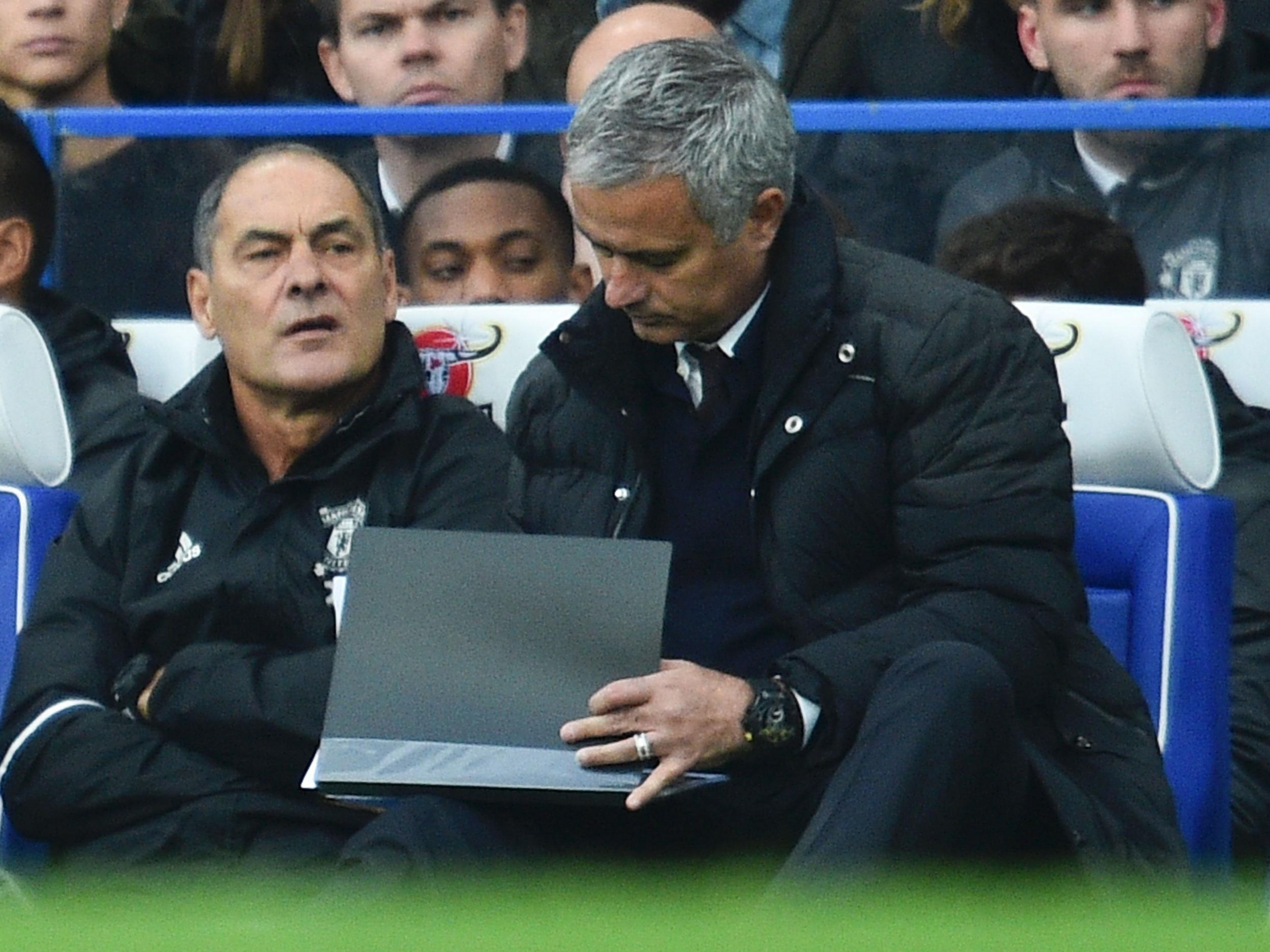
If United have a strategy, it is certainly not one they have adopted from City.
Yes, United have spent big, but they have rarely spent wisely. Woodward was unfairly criticised for the shambolic transfer window in the summer of 2013, when Moyes’s dithering and indecision resulted in just Marouane Fellaini being signed, minutes before the deadline, for more than his escape clause had demanded just a month earlier.
Since Fellaini, however, Woodward has secured many big money signings at the managers’ request, but we are still waiting for one that could be described as good value.
That term certainly does not apply to Memphis Depay, Bastian Schweinsteiger, Angel di Maria and the seemingly invisible Henrikh Mkhitarayan. Daley Blind, perhaps, at £13.8m, but Mourinho would probably argue against that in the wake of his performance at Chelsea.
Handing a declining Wayne Rooney a five-year contract in February 2014 was another odd decision – by Moyes as much as Woodward – but then so was retaining Louis van Gaal in his position last December, when the team was clearly going backwards – or sideways, as his possession-based game suggested.
Woodward backed Van Gaal, but when Mark Hughes began to hit a trough at City, the Welshman was dismissed and replaced by Mancini to avoid the club drifting through the doldrums and having its progress halted.
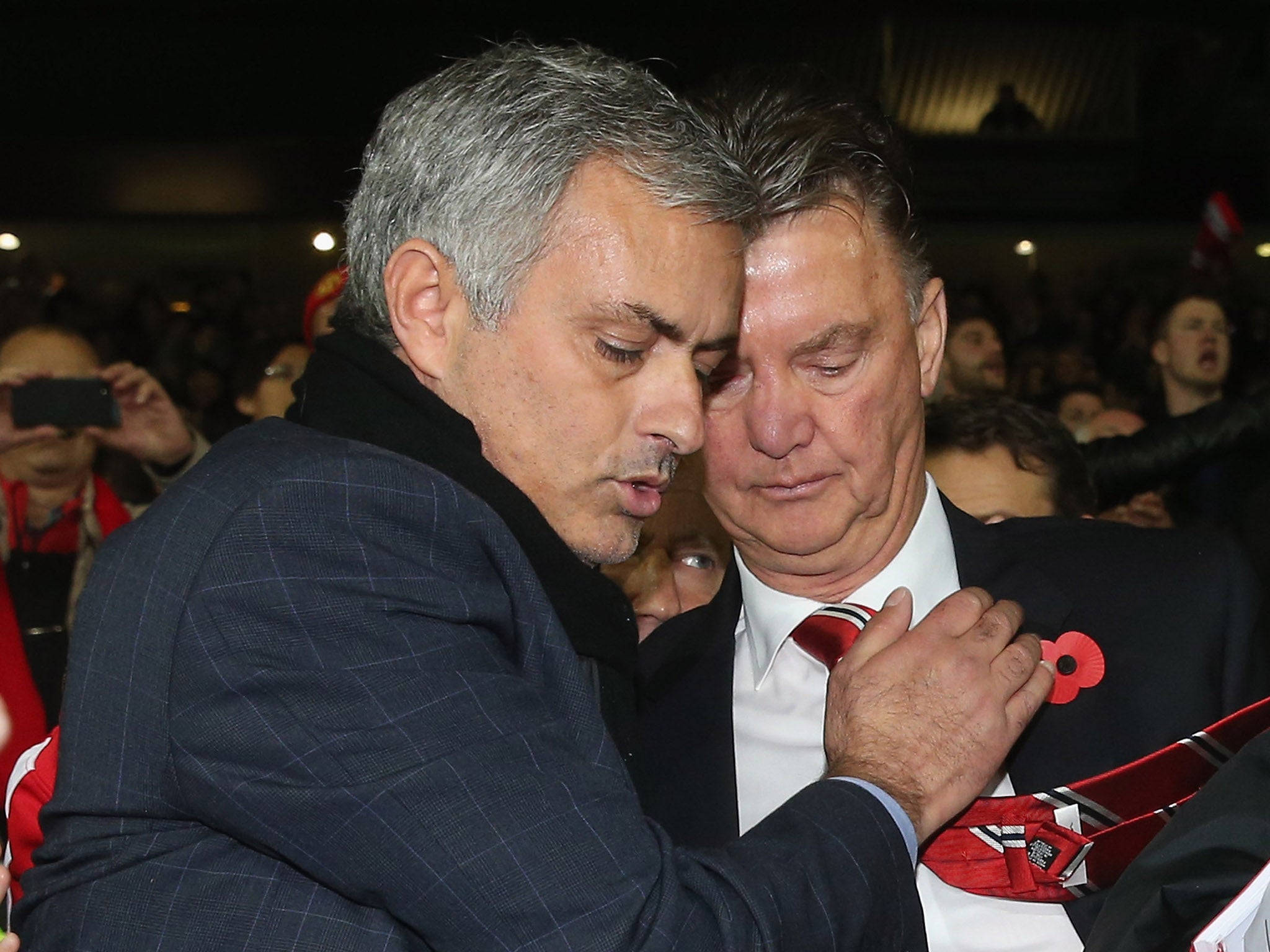
Drift was a good word to describe Van Gaal’s final months, when United finished fifth, but at least won the FA Cup less than 24 hours before the Dutchman was sacked.
The drifting has continued under Mourinho, however, and that should be a major cause of concern for United.
Perhaps he under-estimated the scale of the job he had taken on, but the weeks of pre-season preparation already appear to have been mis-spent.
United lack creativity and authority in midfield, despite lavishing £89m on Paul Pogba, and they still do not possess a defender who is comfortable enough to bring the ball out of the back four.
Up-front, Zlatan Ibrahimovic’s impressive start has now evaporated, with the Swede producing the kind of impotent performances which led to Wayne Rooney questioning his own future as a centre-forward.
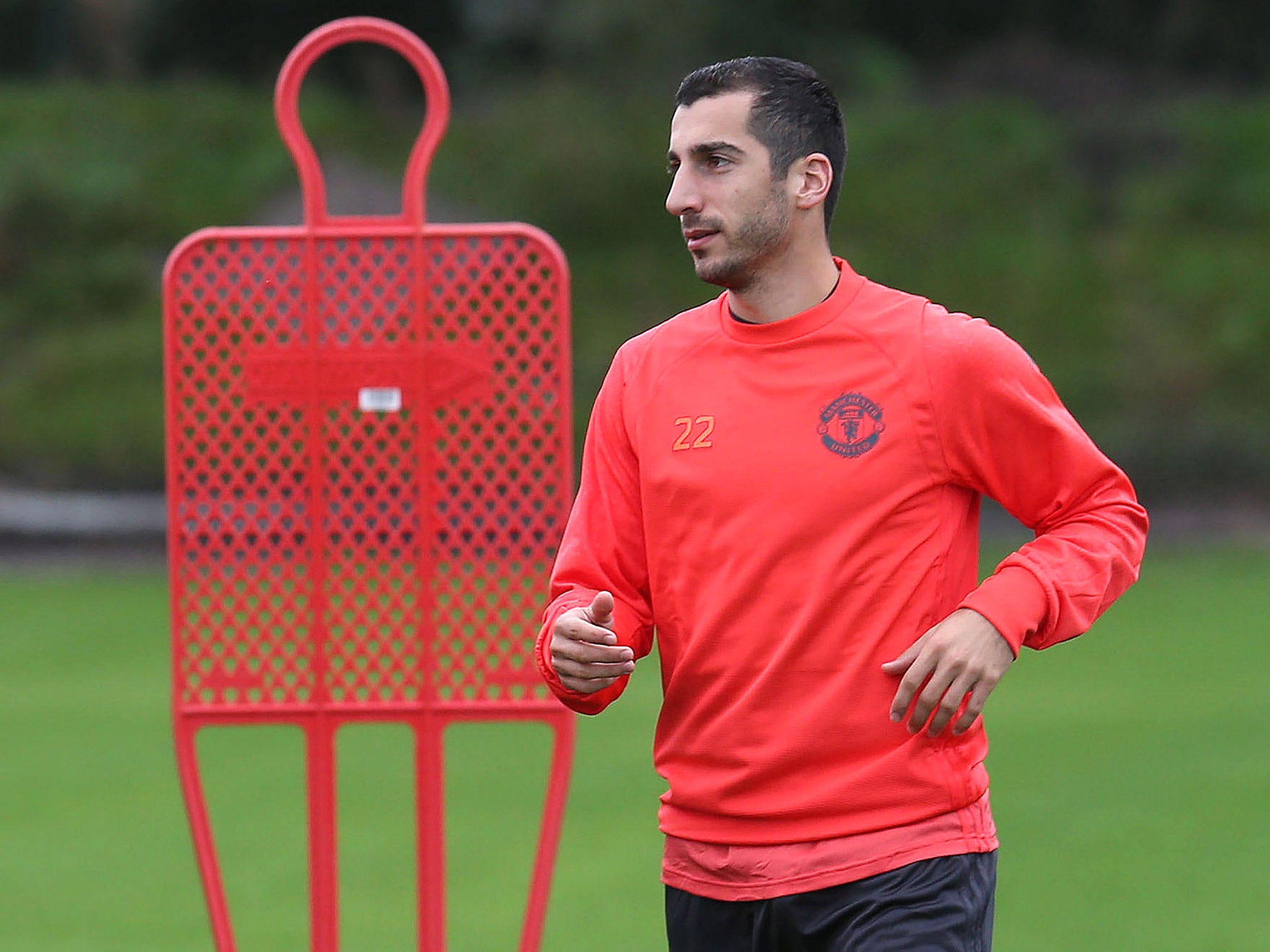
Mkhitarayan, Michael Carrick, Luke Shaw, Morgan Schneiderlin, Matteo Darmian, Depay and others have been cast into some strange kind of holding pattern, rarely used, but always there on the fringes.
Quite simply, Mourinho inherited a mess, but appears to have done little more than throw the furniture around in a desperate attempt to make it look better.
It is the strategy of chaos and it has been United’s problem for too long.
But the most painful realisation that they have fallen behind City is that, when the two clubs meet at Old Trafford in the League Cup on Wednesday, Pep Guardiola’s team will be experiencing their own ‘crisis’ while sat on the top of the Premier League.
How United would love to be in the same position as their neighbours.
Wilshere thrives away from the prying eyes
Jack Wilshere completed his first Premier League fixture in two years for Bournemouth against Tottenham at the weekend, but the milestones passed relatively unnoticed.
Not because Wilshere has become a forgotten man, merely because life at Bournemouth is far removed from the goldfish bowl of Arsenal and that is why the England midfielder chose to revive his career on the south coast.
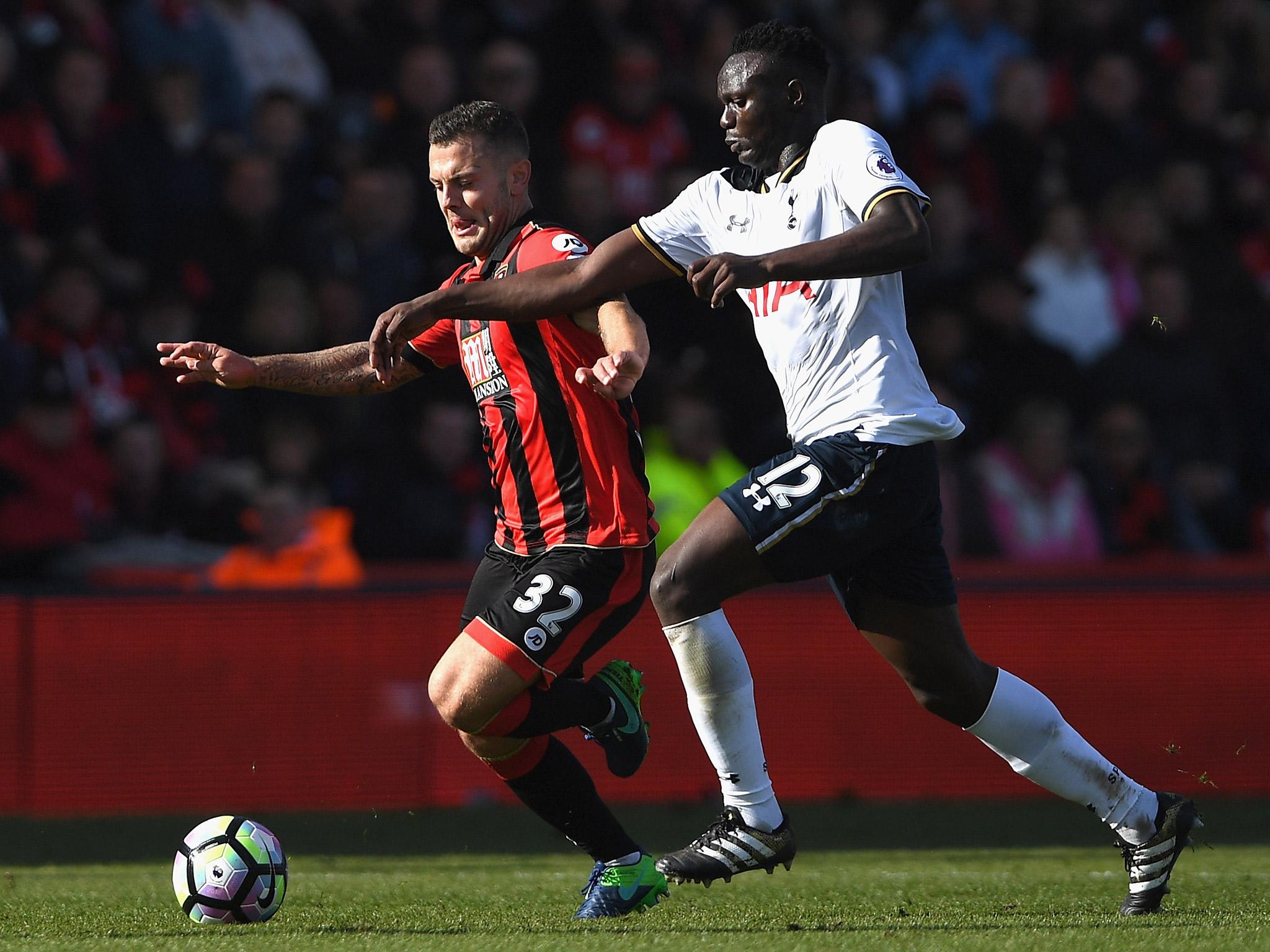
It is proving a smart move and one which more players will undoubtedly choose to follow from January onwards.
Wilshere, so often in the headlines for the wrong reasons, has chosen to get down to business away from prying eyes and he deserves credit – and good fortune with his fitness – for doing so.
Sunderland have no one to blame but themselves
David Moyes claimed last week that, while Sunderland’s supporters accepted the need for patience and time to turn things around at The Stadium of Light, the media were proving less understanding and were therefore adding to the pressure on the club and its team.
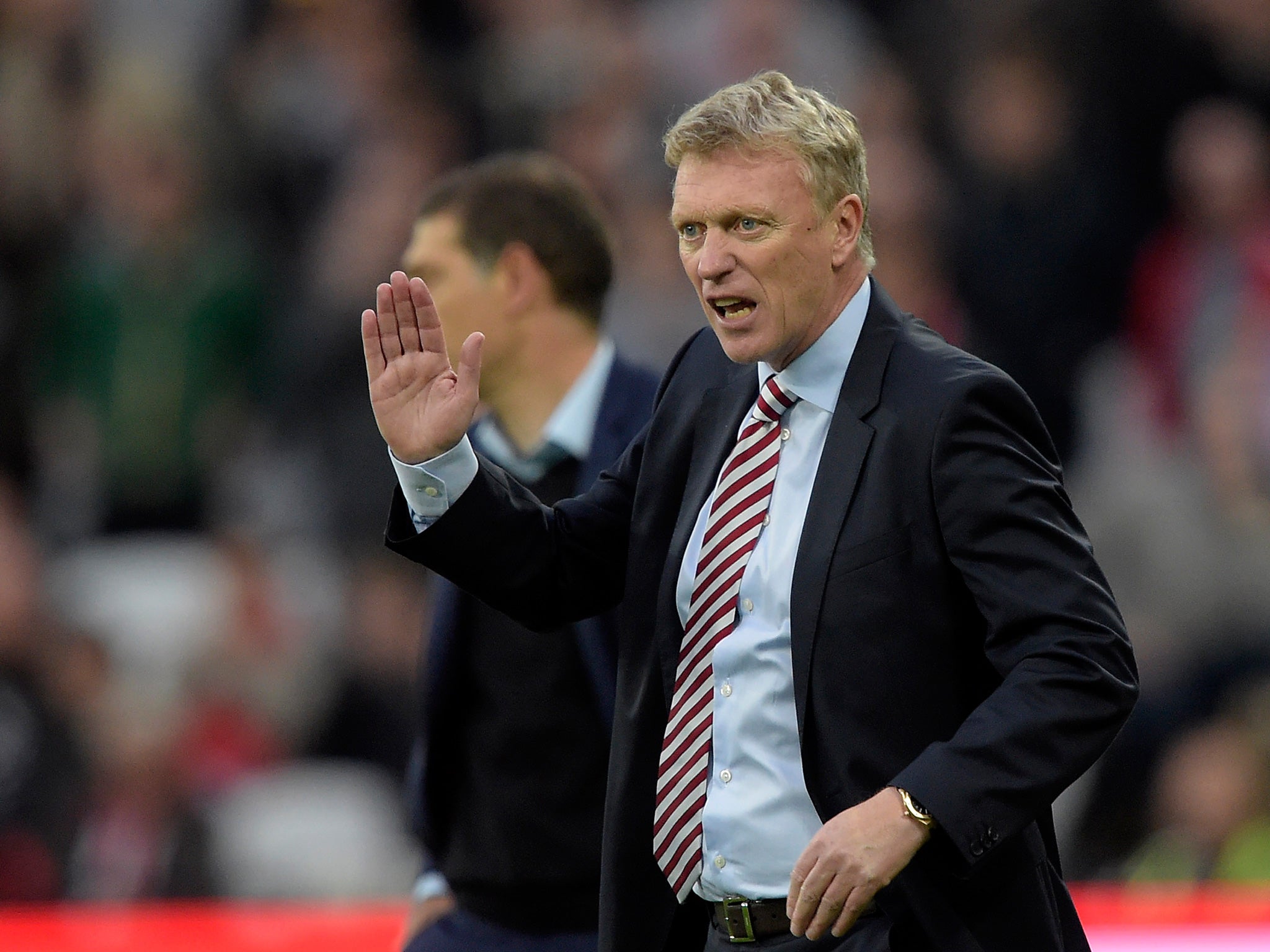
Sunderland are the only club in the Premier League without a win this season and are currently five points adrift of safety.
Unless newspapers and television broadcasters choose to stop publishing the Premier League table until Sunderland manage a win – they face Arsenal at home on Saturday – Moyes may need to get used to the media pressure.
Join our commenting forum
Join thought-provoking conversations, follow other Independent readers and see their replies
Comments